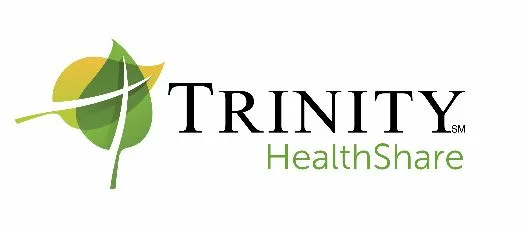“Sham” Organization Unsettles Health Share Marketplace

At a time when many consumers are shopping for affordable health care, a million or more Americans rely on so-called “health share” ministries like Samaritan Ministries International, Medi-Share, and Christian Healthcare Ministries, which have been around for years.
But a newer company in the field—Aliera Healthcare, which operates Trinity Healthshare—has generated more than one hundred complains in half a dozen states, leading the Washington State Insurance Commissioner’s Office to declare the company a “sham” and fine it $1 million.
The Seattle Post-Intelligencer reported on the fines in August: “Aliera and Trinity promised to provide people with coverage when they needed it only to leave consumers with huge medical bills,” said Insurance Commissioner Mike Kreidler. “I’m taking action today to send a message to all scam artists: if you harm our consumers, you will pay heavily.
Texas Attorney General Ken Paxton sued Aliera in June, and accused the company of misleading consumers, who paid thousands of dollars for coverage that often turned out to be worthless.
Colorado, Massachusetts, New Hampshire, and other states are also taking action.
“There are legitimate health care sharing ministries that offer coverage for their members, but Aliera and Trinity are not one of them,” New Hampshire Insurance Commissioner John Elias told NPR.
An unregulated market
Health share ministries offer policies that seem like insurance, but they’re not insurance, as many customers have found out too late: when their medical claims were denied.
Typically, members pay monthly fees based on age and health, and claims are paid from these fees.
But health share ministries are under no obligation to pay anyone anything, and 30 states exempt them from regulations that cover insurance companies.
Many policyholders complain that the programs exclude coverage for pre-existing conditions, impose lifetime limits on coverage, and deny treatments for conditions resulting from people’s poor moral choices. It can also be difficult to find doctors willing to accept health share coverage.
Aliera, which reportedly has 100,000 members, generated $215 million in revenues in 2018.
The problem is that Aliera has denied many policyholders’ claims. Both the Houston Chronicle and Kaiser Health News have reported on the criminal background of a company founder.
As KHN reported in its article, “‘Sham’ Sharing Ministries Test Faith Of Patients And Insurance Regulators”: “Aliera is operated by Shelley Steele of Marietta, Ga., and her husband, Timothy Moses, who was convicted in 2006 of federal securities fraud and perjury. He was sentenced to 6½ years in prison and ordered to repay more than $1 million to victims.”
The Houston Chronicle reported that Moses founded Aliera eight months after his probation ended.
The charges against the company have cast a negative light on the entire health share movement, says Dr. Dave Weldon, president of the Alliance of Health Care Sharing Ministries.
“The sharing ministries have been very alarmed, very concerned about the press reports and the misconceptions that people can have about the sharing ministries and the legitimate work they actually do,” Weldon told NPR.
Buyer beware
Christians have provided medical care to believers and others for millennia, and some Christian groups, including Amish and Mennonite communities, share medical resources.
But health share ministries pose potential risks to both consumers (who risk not having claims paid) and the broader insurance marketplace (experts say health share ministries draw healthy individuals out of the larger market, leaving pools of policyholders with costlier claims).
Health share organizations are prohibited from claiming the policies they offer our insurance, but Aliera allegedly did so anyway.
The Washington State Insurance Commissioner’s Office found that Aliera skirted numerous regulations:
- It provides misleading training to sales agents about the nature of its products.
- It promotes misleading advertisements to consumers.
- It inaccurately represents Trinity’s statement of faith.
- It’s operating both as an unregistered health care service contractor and an unlicensed discount plan organization.
- It’s selling insurance without a Washington insurance producer license.
The Aliera “sham” may generate greater scrutiny of the entire health share market, but until then, consumers must be cautious and do their homework.
One good place to start is the article “Health Care Sharing Ministries: What Are the Risks to Consumers and Insurance Markets?” It includes discussions of the pros and cons, as well as an overview of state regulations, and a side-by-side comparison of the programs offered by five of the larger and more senior health share groups.



